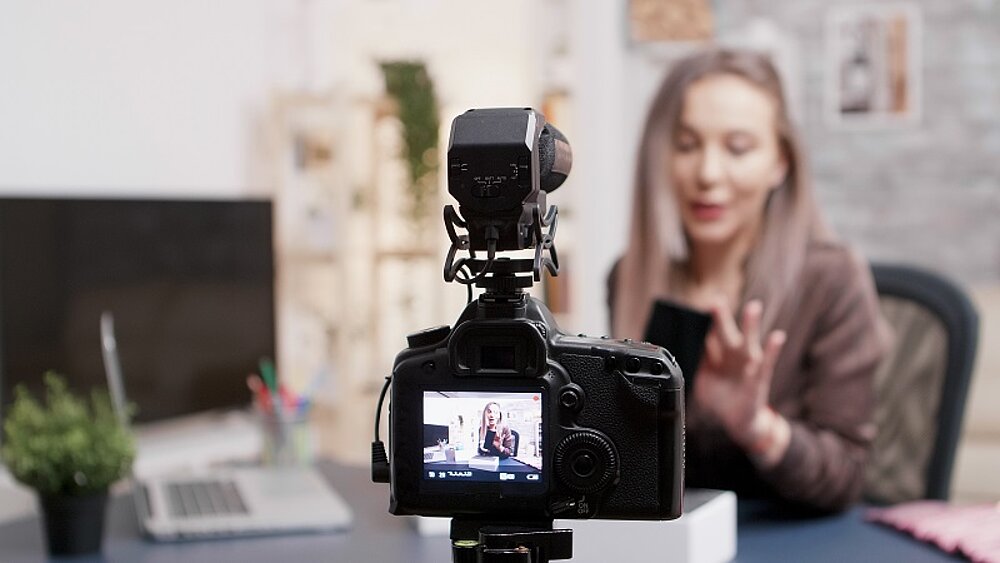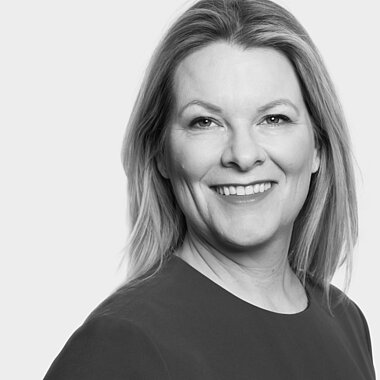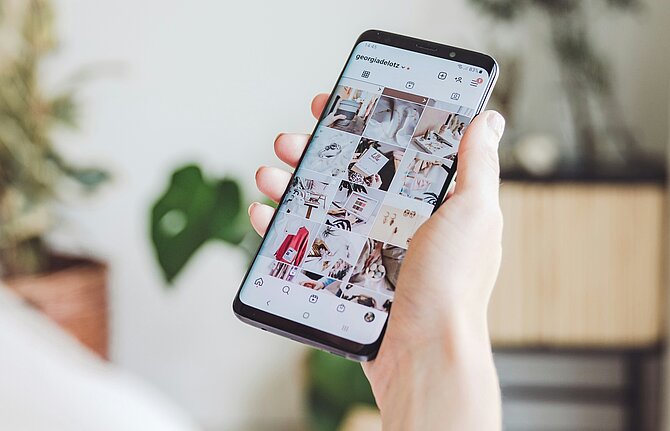Find out today what the legal world will be talking about tomorrow.
29.12.2020
#advertising - Finally clarity in the matter of labeling obligation for Influencer*innen ?

The new draft bill of the Federal Ministry of Justice and Consumer Protection on a law to strengthen consumer protection in competition and trade law of 4 November 2020 could finally bring clarity on when influencers have to label their posts as #advertising. But can the draft really unify the inconsistent case law?
Inconsistency in case law
The case law regarding whether a recommendation via Instagram for a product must be marked by a corresponding text or so-called tagging of the company on the images is inconsistent. The Munich Higher Regional Court (judgment of 25.06.2020 - 29 U 2333/19, see skwschwarz.de/en/details/cathy-hummels) already denies a commercial act in the case of Cathy Hummels in posts for which the influencer did not receive any remuneration from the tagged company. In contrast, the Hamburg Higher Regional Court (judgment of 2 July 2020 - 15 U 142/19, see skwschwarz.de/en/details/influencer-marketing) considers unpaid tagging of companies as a commercial act. However, the non-disclosure is not unfair, because “the follower of an Instagram account knows and expects that advertising is carried out on the page of an influencer he favors”. This is contradicted by the Frankfurt am Main Higher Regional Court (judgment of 23.10.2019 - 6 W 68/19). According to this, the influencer is not perceived as an advertising ambassador due to her presentation as a private person. Therefore, the post must be marked accordingly if the influencer receives benefits for the post. The Karlsruhe Higher Regional Court ruled in the same way (judgment of 9 September 2020 - 6 U 38/19, see skwschwarz.de/en/details/tap-tags-need-to-be-labeled-as-advertising) and stated that the influencer Pamela Reif acts in favor of her own company in tagged posts - even without having received any benefit from the brand - because the posts are aimed overall at achieving attention and resonance and thus strengthen the image of the influencer, her awareness and at the same time her market value.
New draft bill - changes in the Geman Act against Unfair Competition (UWG)
The inconsistency in case law shows that clarification regarding the question under which conditions content on the Internet serves a commercial purpose that requires labeling is necessary in order to create more legal certainty for influencers and brands and also to protect consumers from over-labeling.
The first aim of the new draft law is to clarify the distinction between private expression of opinion and commercial communication. For this reason, the legal definition of “commercial act” (UWG-E; now: Section 2 (1) no. 2 UWG) was concretized to the effect that the conduct of market participants should objectively and “directly” serve to promote the sales of the own or another company. In addition, a second sentence was added to Section 5a (4) UWG in the draft version (UWG-E; now: Section 5a (6) UWG), which defines the “commercial purpose” in the case of an act “exclusively for the benefit of another company”. This is lacking if the acting persons recommend products without benefiting directly financially with a fee or a similar compensation by this. “Similar compensation” also includes commissions, products, press trips and the provision of equipment or the covering of costs. On the other hand, the mere increase of one's own publicity cannot be considered as a compensation, because the external company cannot influence the publicity of those acting on its own initiative. The hope for a consideration alone is also not sufficient. If, however, a consideration is only received after a contribution has been placed online, it must be subsequently identified as advertising. In the event of a dispute, the preconditions would have to be proven by the parties involved.
Statements on the draft bill
The statements on the draft bill published until 23 December 2020 are inconsistent. This is particularly the case with regard to the planned addition according to which an act exclusively for the benefit of another company can only be assumed to have a commercial purpose if the person acting receives a fee or a similar compensation from the other company (Section 5a (4) sentence 2 UWG-E). It is questionable whether this provision creates more legal certainty and protection against warnings for influencers. Although the addition of “similar compensation” has been received positively, it has also been criticized in many cases. Above all, the term “exclusively” again leads to problems of demarcation. If the activity of influencers is considered to be a “commercial act” according to Section 2 (1) No. 2 UWG-E and thus falls within the scope of application of the UWG, it is typically not an isolated activity for the benefit of others, but an activity with a dual business purpose. Thus, Section 5a (4) sentence 2 UWG- would not be applicable, as the exclusively third-party-beneficial activity is lacking. Therefore, the rule would run empty. It is therefore recommended to replace the word “exclusively” by “also”. Furthermore, since Sec. 5a (4) UWG-E, as a partial implementation of Art. 7 (2) of the Unfair Commercial Practices Directive, is worded more narrowly, this would only create an illusory legal certainty, which must ultimately be corrected in line with the Directive. Finally, the controversial interpretation of commercial communications in this area will soon be decided by the Federal Court of Justice and this decision should be awaited, especially as there is no gap in protection due to the rule in Section 5a (6) UWG.
It remains to be seen whether the Federal Ministry will respond to the proposed amendments and make further adjustments to the draft bill.
Authors


